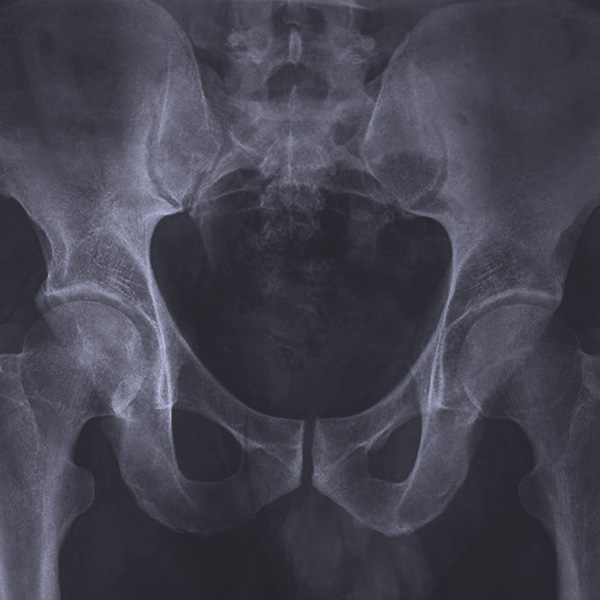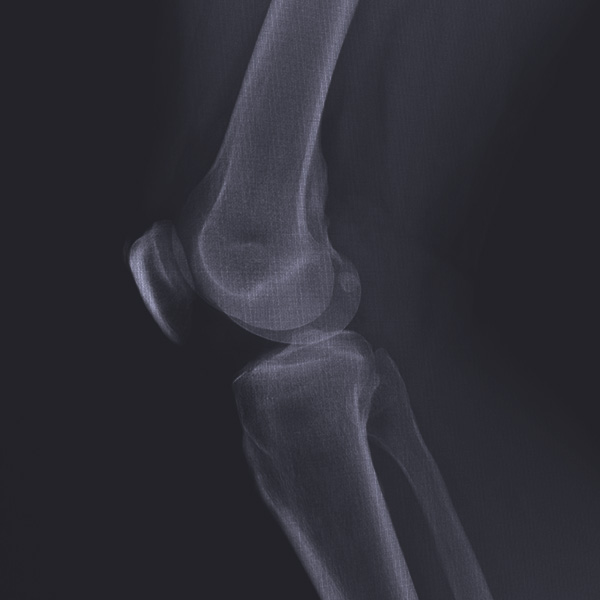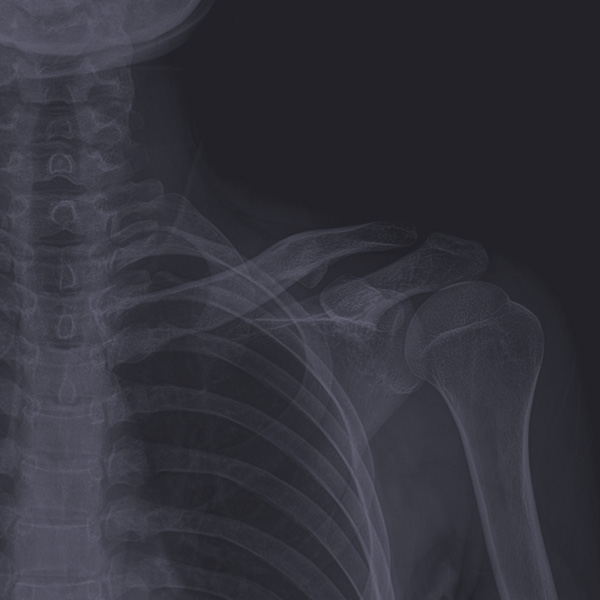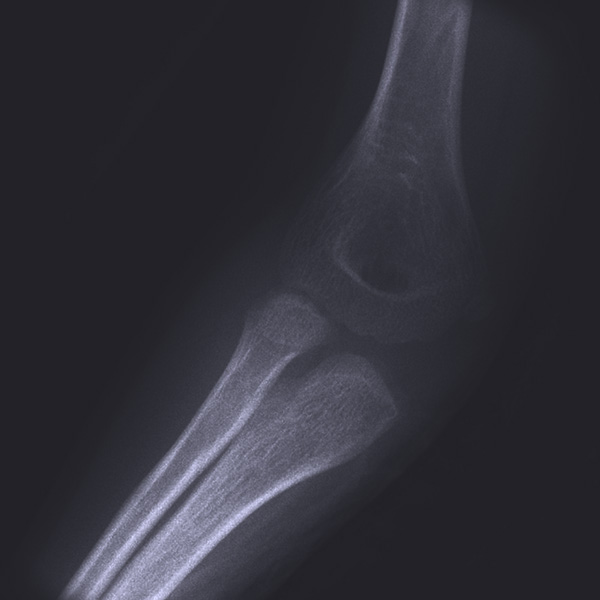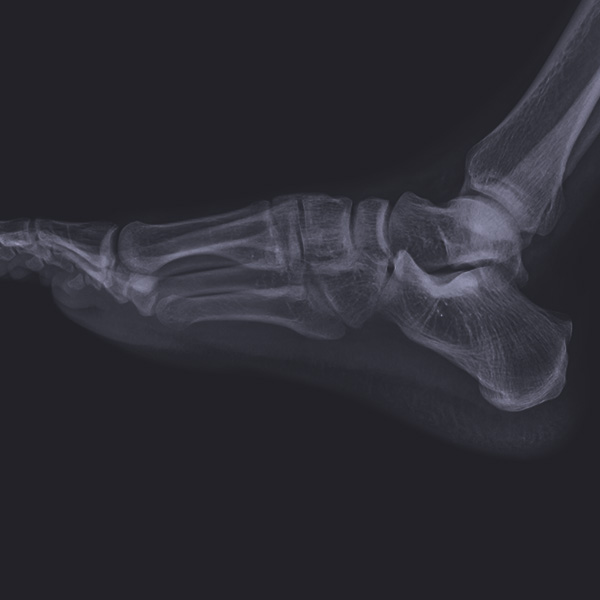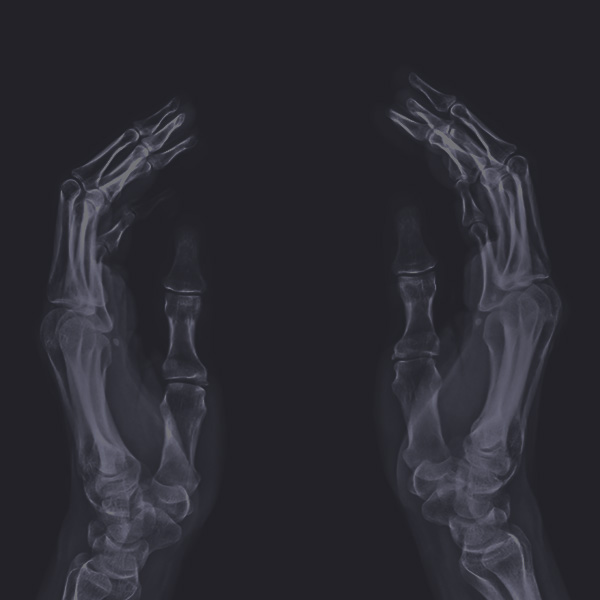What is orthopaedic surgery?
The practice of Orthopaedic Surgery involves the evaluation, diagnosis and treatment of patients with conditions affecting bones, joints, and associated structures including ligaments, tendons and muscles.
At your first visit with us, we will discuss the history of your condition or injury and then conduct a physical examination so that we can fully understand the extent of your condition and the effect on your daily life. We may need further diagnostic studies such as x-rays or blood tests which we can arrange at The Avenue Hospital across from our consulting rooms.
An essential part of our consultation is to develop the best treatment plan to manage your condition so that you can live an active and functional life.
Nonsurgical Orthopaedic Treatment
Our surgeons treat many musculoskeletal conditions without surgery—by using medication, exercise and other rehabilitative or alternative therapies. There can be more than one treatment plan for many orthopaedic conditions and injuries. Surgery may be indicated in conjunction with these nonsurgical treatments.
Orthopaedic Surgery Options
In situations where surgery is required, we will guide you through the preparation, aftercare and rehabilitation. Common procedures include:
- Arthroscopy—a procedure that uses cameras and equipment to view, diagnose and treat problems inside a joint.
- Soft tissue repair or reconstruction—the mending of soft tissue, such as torn tendons or ligaments.
- Internal fixation—a method to stabilize bone fractures in correct alignment with metal plates, pins or screws while the bone is healing.
- Joint replacement (partial, total and revision)—when an arthritic or damaged joint is removed and replaced with an artificial joint called a prosthesis.
- Osteotomy—the correction of bone deformity by cutting and repositioning.
Interesting fact: the term ‘orthopaedics’ is from the Greek ortho (‘correct’, ‘straight’) and pais (child). First used in 1741, when it applied to the care of disabled children, often with spine and limb deformities.
What is required to become an orthopaedic surgeon?
An orthopaedic surgeon is a medical doctor with extensive specialised training. All of our surgeons have completed up to 14 years of formal education, including:
- Completion of a six year undergraduate degree in medicine at university
- Several years of basic surgical training
- Four to five years of advanced training in Orthopaedic Surgery
- A post-graduate fellowship of one or two years in a sub-specialist area of Orthopaedic surgery
- Continuous professional development
Our surgeons regularly attend and present at conferences locally and internationally, in addition to the publication of research, education and supervision of fellows of the AOA accredited MOG Fellowship Program. Ongoing professional development enables us to provide our patients with the latest surgical treatments and injury management.
The MOG team of 14 surgeons have undergone specialist fellowships and have years of experience treating a range of conditions involving:
- Foot and ankle
- hand and wrist
- shoulder and elbow
- hip
- knee
- trauma injuries
- sports medicine
- paediatric orthopaedics


